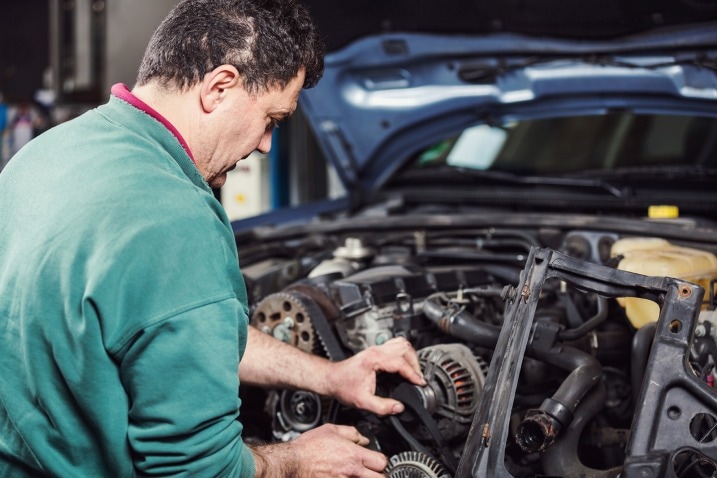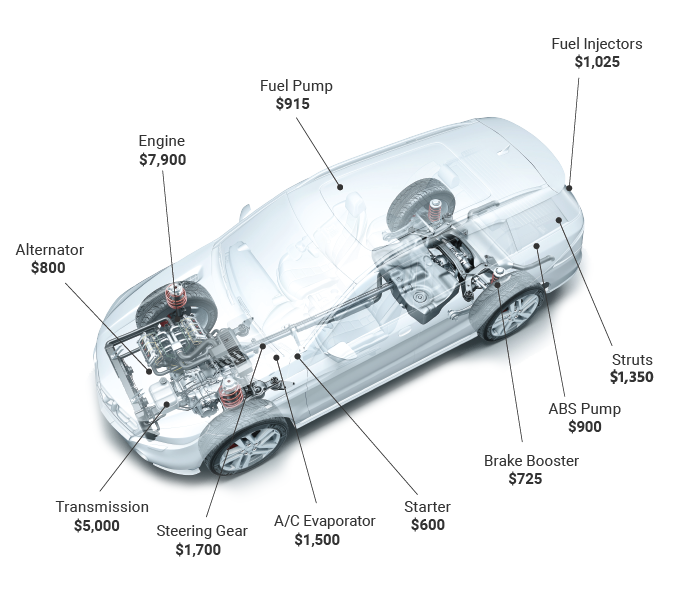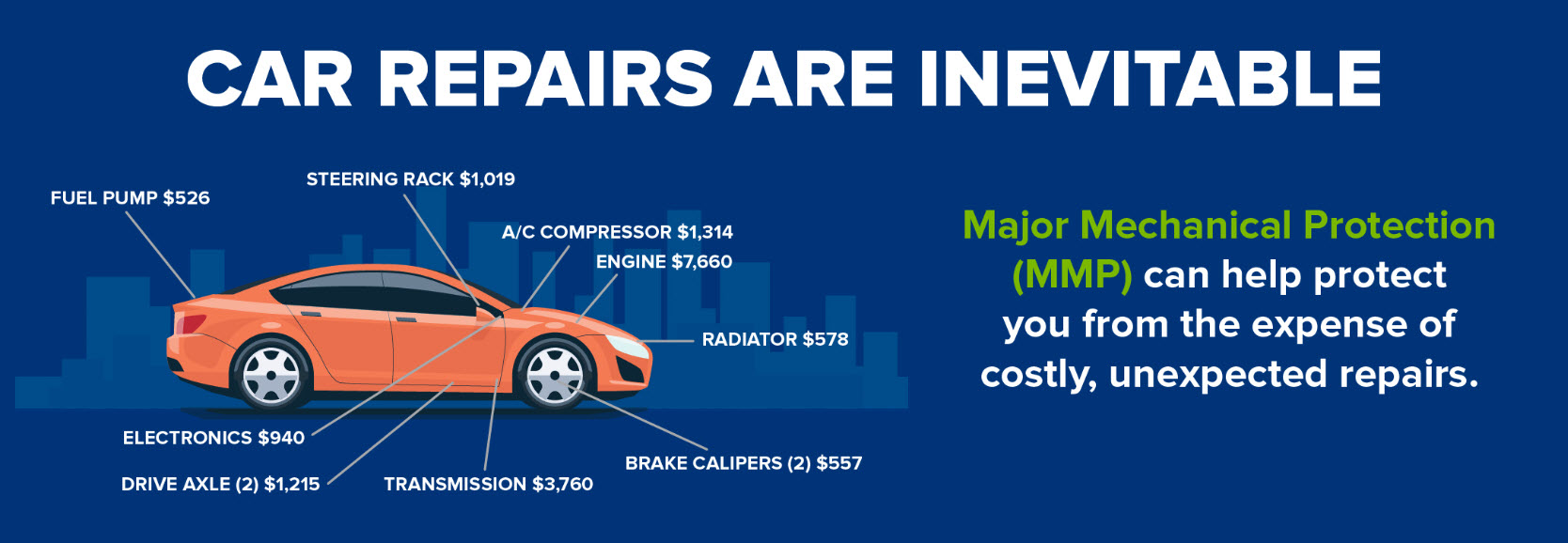Fuel System Repair: Cost Breakdown And Tips
When repairing a fuel system, costs can vary depending on the extent of damages and parts needed. Prices range from $200 to $1500.
Proper maintenance can prevent costly repairs in the future. With regular checks and tune-ups, you can ensure a smooth-running fuel system, avoiding expensive fixes. Understanding the breakdown of costs and implementing maintenance tips can help you save money in the long run.

Credit: www.edmunds.com
Cost Breakdown
Fuel system repair costs can vary depending on various factors, including the type of vehicle you drive, the extent of the damage, and labor costs specific to your location. Understanding the cost breakdown of fuel system repairs can help you budget and make informed decisions. In this section, we will break down the costs into three key areas: the cost of fuel system components, labor costs, and additional considerations to keep in mind.
Cost Of Fuel System Components
The cost of fuel system components can vary significantly based on the type of vehicle you own and the specific parts that need to be replaced. Here is a breakdown of some common fuel system components and their approximate costs:
| Fuel System Component | Approximate Cost |
|---|---|
| Fuel pump | $150 – $600 |
| Fuel filter | $10 – $100 |
| Fuel injectors | $50 – $300 each |
| Fuel pressure regulator | $50 – $200 |
It’s important to keep in mind that these prices are approximate and can vary based on the make and model of your vehicle as well as any additional repairs that may be required.
Labor Costs
Labor costs for fuel system repairs can also vary depending on your location, the complexity of the repair, and the hourly rate of the auto repair shop. Generally, labor costs for fuel system repairs can range from $100 to $300 or more. It’s always a good idea to get multiple quotes from different shops to ensure you’re getting a fair price for the labor involved.
Additionally, if your fuel system repair requires the removal of other components or systems for access, such as the intake manifold, you may incur additional labor costs. These costs will be determined based on the specific repair needs of your vehicle.
Remember, labor costs can vary significantly, so it’s worth taking the time to research and compare prices in your area. However, keep in mind that the lowest price doesn’t always guarantee the best quality of service. It’s essential to find a reputable auto repair shop that offers both competitive pricing and quality workmanship.
Now that we have an understanding of the cost breakdown for fuel system repairs, let’s explore some additional considerations to keep in mind when it comes to your fuel system repair costs.

Credit: www.cnanational.com
Common Fuel System Issues
Fuel system issues can lead to various problems in a vehicle, affecting its performance and efficiency. Understanding common fuel system issues is crucial to prevent costly repairs and maintain your vehicle’s health.
Clogged Fuel Filter
A clogged fuel filter can restrict the flow of fuel to the engine, leading to stalling or poor acceleration.
Faulty Fuel Pump
A faulty fuel pump can cause issues such as engine misfires, difficulty starting, or sudden shutdowns.
Diy Vs. Professional Repair
When deciding on fuel system repair, choosing between DIY and professional options is crucial. Let’s explore the pros and cons of DIY repair and the benefits of opting for professional repair.
Pros And Cons Of Diy Repair
- Pros: Cost-effective
- Cons: Risk of errors
Benefits Of Professional Repair
- Expertise: Trained professionals
- Efficiency: Quick and accurate repairs
DIY repair can save money, yet it carries the risk of mistakes. Professional repair offers expertise and efficient service that ensures your vehicle’s fuel system is in top condition.

Credit: www.foothillcu.org
Tips For Maintaining Fuel System
Proper maintenance of your vehicle’s fuel system is essential for optimal performance and fuel efficiency. Regular inspections and using high-quality fuel are two crucial tips to keep your fuel system running smoothly. In this section, we will delve into these tips and explain why they are important.
Regular Fuel System Inspections
Regular inspections of your fuel system can help identify any potential issues before they become major problems. It is recommended to have your fuel system inspected at least once a year or as per your vehicle manufacturer’s guidelines.
During a fuel system inspection, a qualified technician will examine various components such as the fuel pump, fuel filter, fuel injectors, and fuel lines. They will check for any signs of wear, leaks, or contamination that could negatively impact the performance of your fuel system.
Maintaining a clean fuel system is crucial for efficient fuel combustion and preventing engine misfires. Regular inspections can detect any clogs or blockages in fuel lines or injectors, allowing for prompt cleaning or replacement if necessary.
Using High-quality Fuel
Your choice of fuel can significantly affect the performance and longevity of your fuel system. Using high-quality fuel that meets the recommended octane level for your vehicle can help optimize engine performance and prevent carbon buildup.
High-quality fuel contains fewer impurities and additives that can clog fuel injectors or cause deposits in the fuel system. It also provides better lubrication for the fuel pump and reduces the risk of fuel system corrosion.
| Benefits | Description |
|---|---|
| Improved Fuel Efficiency | High-quality fuel allows for more efficient combustion, resulting in better fuel economy. |
| Enhanced Engine Performance | Using high-quality fuel can improve acceleration, throttle response, and overall engine power. |
| Reduced Emissions | Cleaner fuel with fewer impurities leads to lower emissions, contributing to a greener environment. |
Remember to always check your vehicle’s owner’s manual for fuel recommendations, as using the wrong octane level can cause engine knocking or damage.
- Choose fuel stations with a good reputation and ensure the fuel is properly filtered to reduce the risk of contamination.
- Avoid filling up your vehicle with fuel during refueling at a station where the underground tanks are being filled.
- Consider using fuel additives periodically to clean fuel injectors and maintain fuel system performance.
By following these tips, you can ensure the longevity and efficiency of your fuel system, ultimately saving you from costly repairs in the future.
Choosing A Repair Shop
Choosing the right repair shop for your fuel system repair is crucial for ensuring quality service and a fair cost. With numerous options available, it’s important to narrow down your choices to reputable and reliable establishments. Here are some important aspects to consider when selecting a repair shop:
Researching Reputable Shops
When considering a few repair shops for your fuel system repair, take the time to research their reputation. Look for online reviews and ratings to get insights into the experiences of previous customers. Additionally, check if the shop is certified by recognized organizations in the industry, as this can be a strong indication of their expertise and commitment to quality service.
Asking For Estimates
Before finalizing a repair shop, ask for detailed estimates from each of the options you are considering. Estimates should include the cost of parts, labor, and any additional services that may be needed for your fuel system repair. This allows you to compare the pricing and make an informed decision based on both the cost and the services offered.
Frequently Asked Questions For Fuel System Repair: Cost Breakdown And Tips
How Much Does It Cost To Fix A Fuel System Problem?
The cost to fix a fuel system problem varies depending on the issue and the vehicle. It can range from $150 to $1200, including parts and labor. Factors such as the extent of the damage and the type of car will affect the final price.
Why Is It So Expensive To Replace A Fuel Pump?
The cost to replace a fuel pump is high due to a few factors. It requires labor-intensive work, specialized equipment, and high-quality parts. The overall complexity of the process contributes to the expense, making it an investment for vehicle owners.
What Is Maintenance For Fuel System?
Regular maintenance for fuel systems involves checking for any leaks, inspecting fuel lines, replacing filters, and cleaning injectors. This helps ensure smooth engine performance and optimal fuel efficiency.
How Much Does It Cost To Fix A Clogged Fuel Line?
Repairing a clogged fuel line can cost around $50 to $150. The cost may vary depending on the vehicle model and labor fees.
Conclusion
To wrap up, understanding the cost breakdown and essential tips for fuel system repair is crucial for every vehicle owner. By budgeting appropriately and staying informed about common issues, you can effectively manage and maintain your car’s fuel system. Regular maintenance, including fuel filter replacements and inspections, will not only save you money in the long run but will also ensure optimum performance.
With these insights in mind, you can keep your fuel system in top shape and extend the lifespan of your vehicle.

